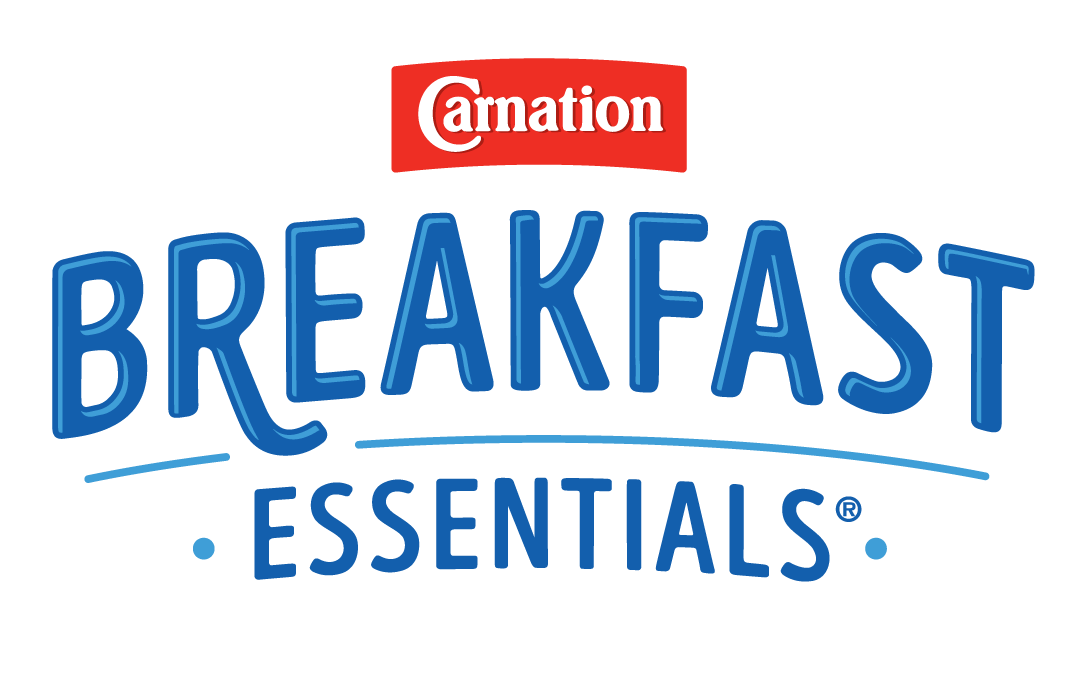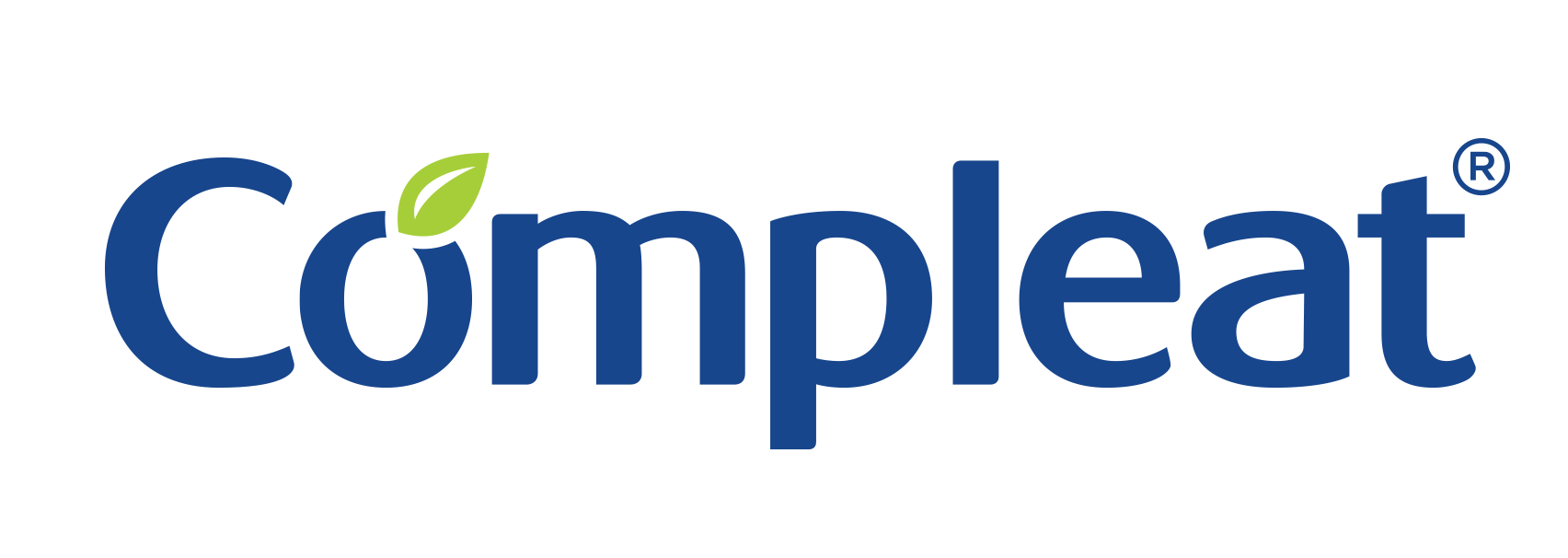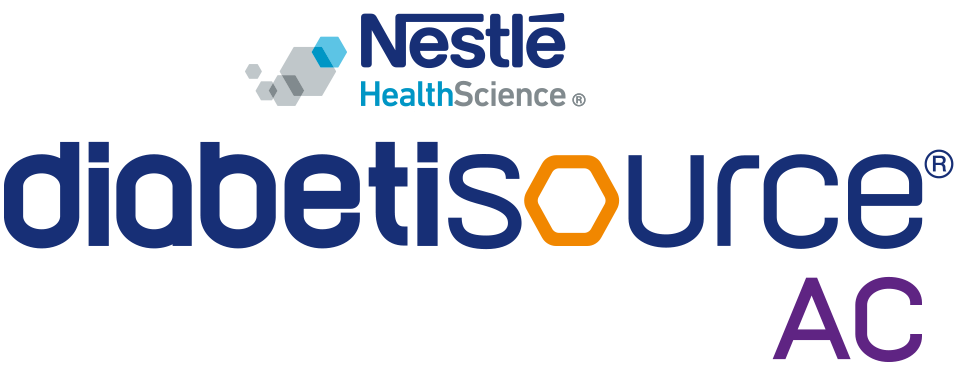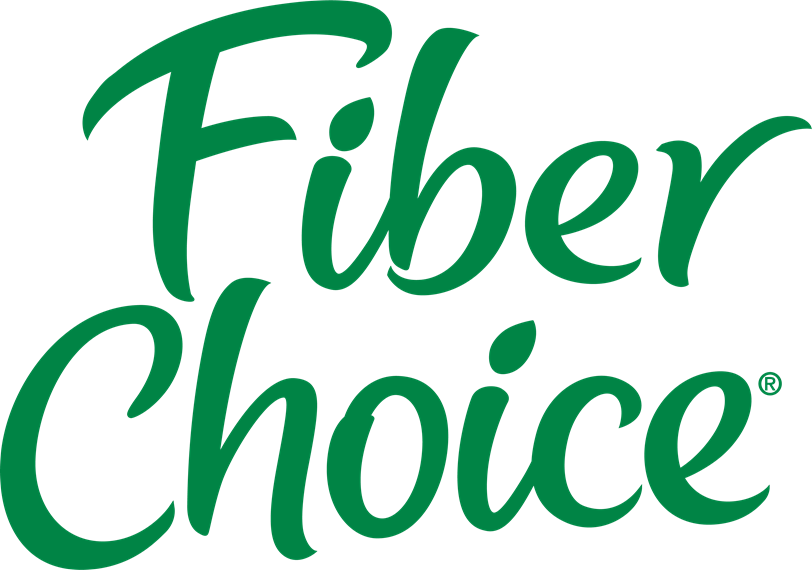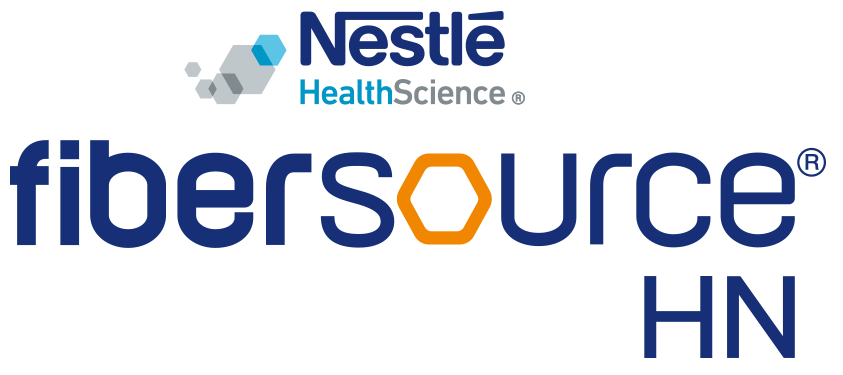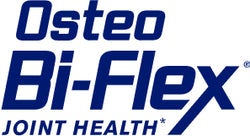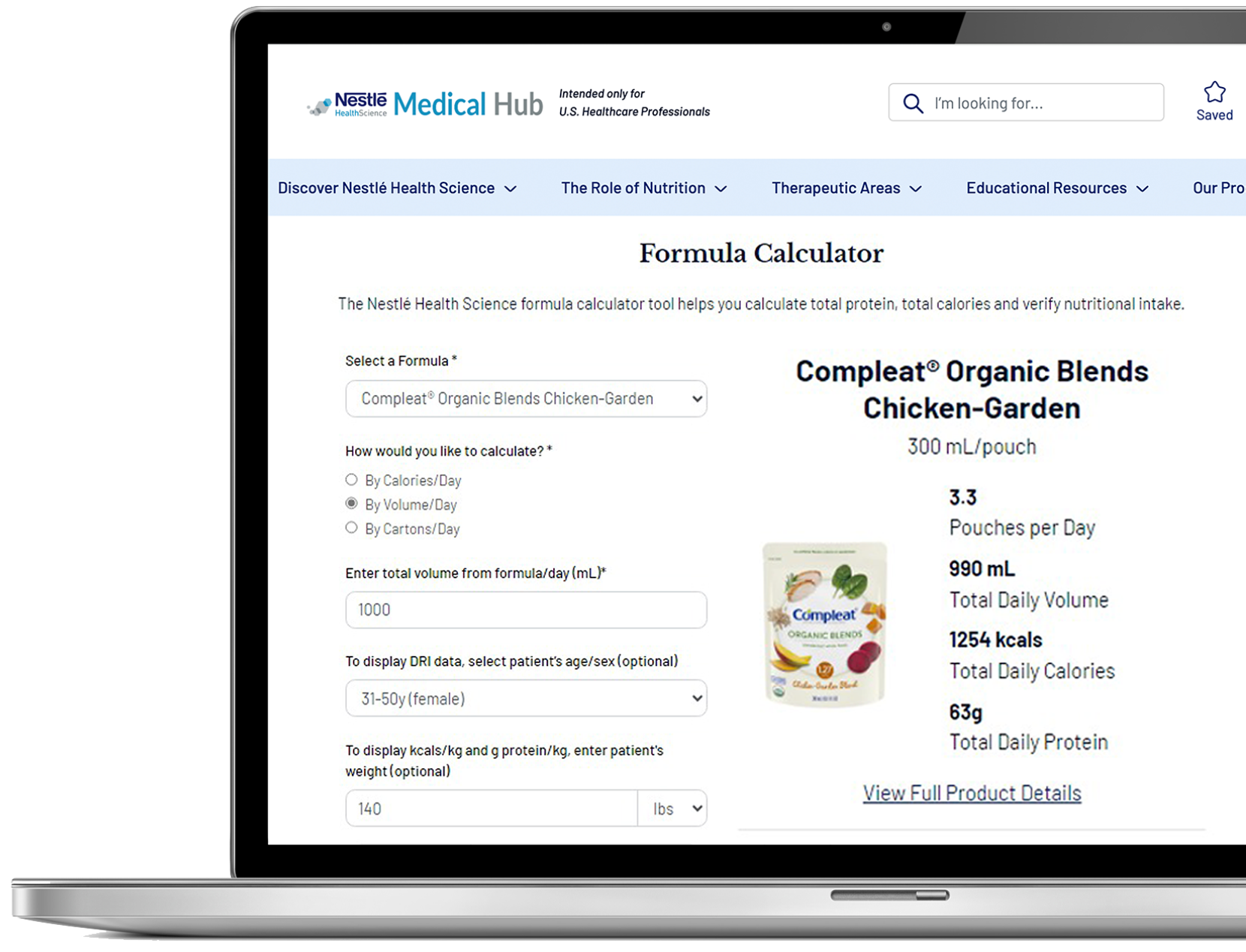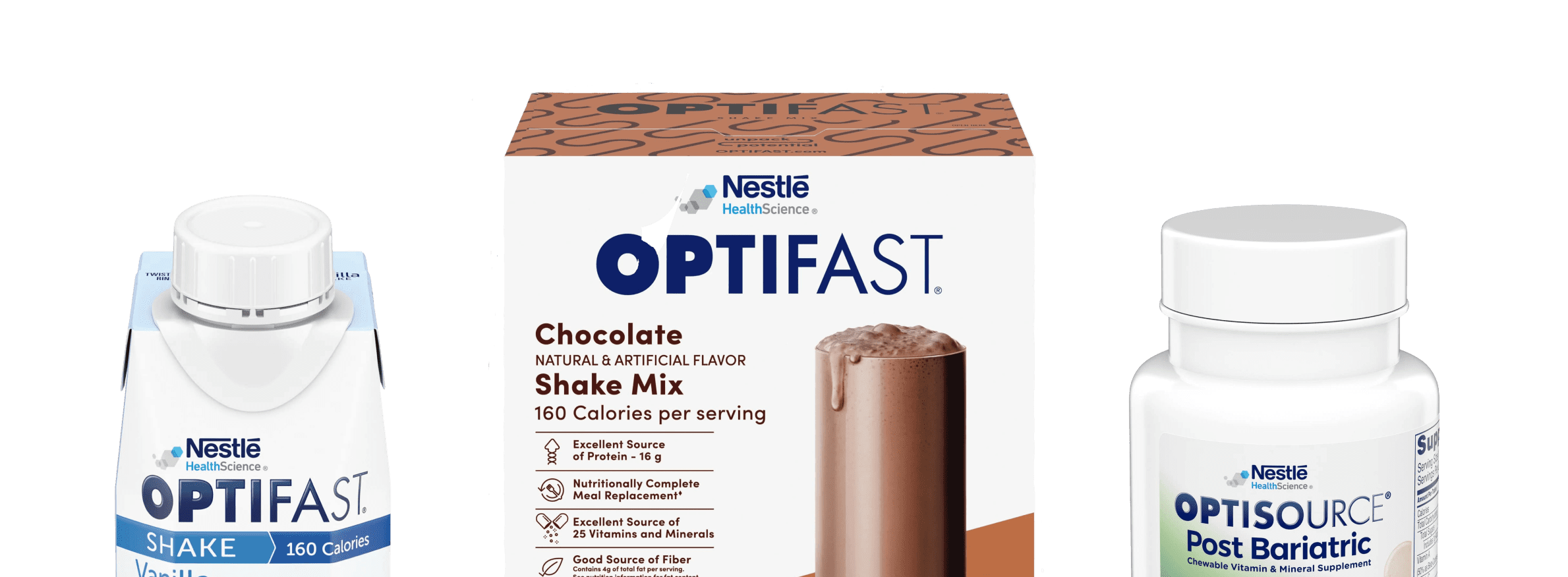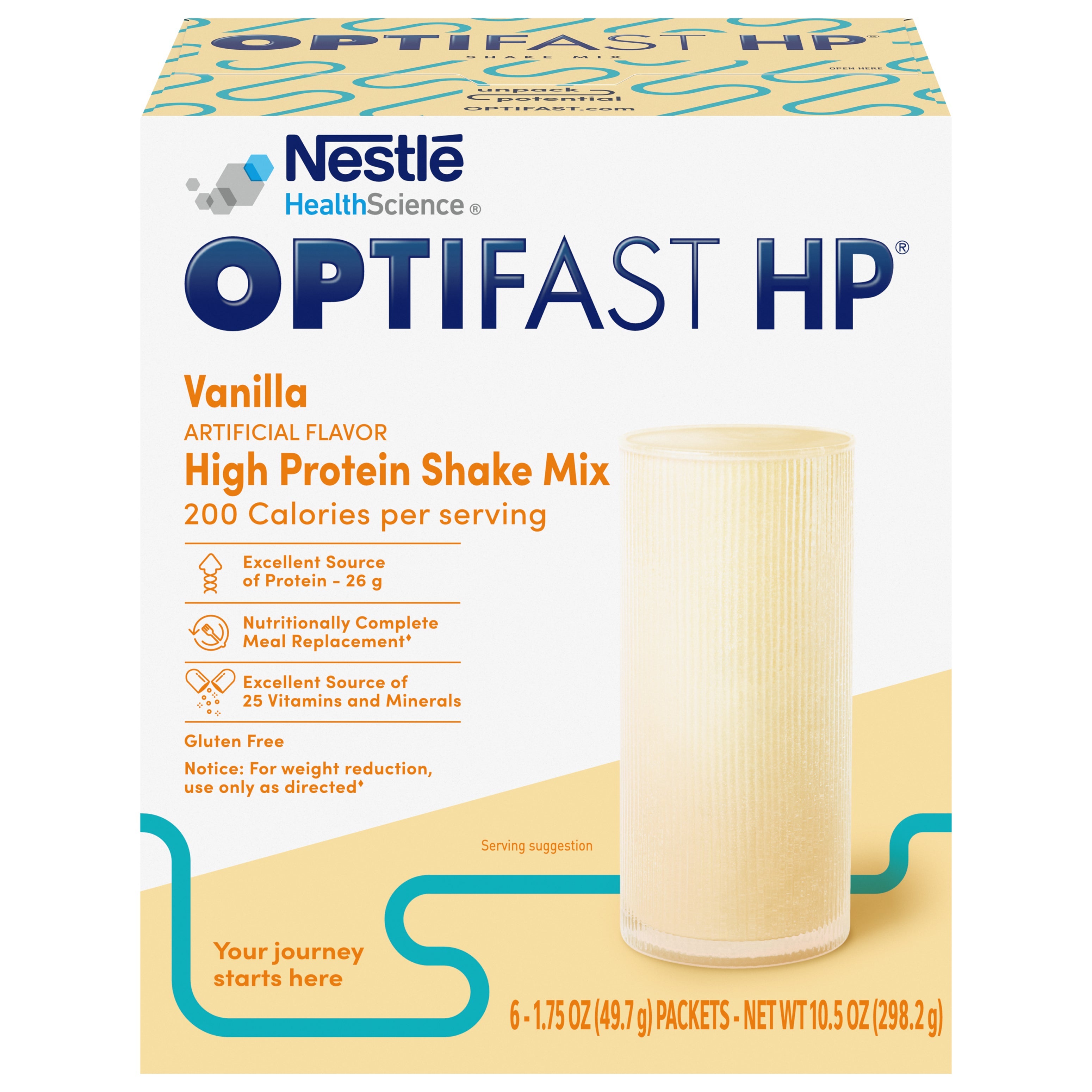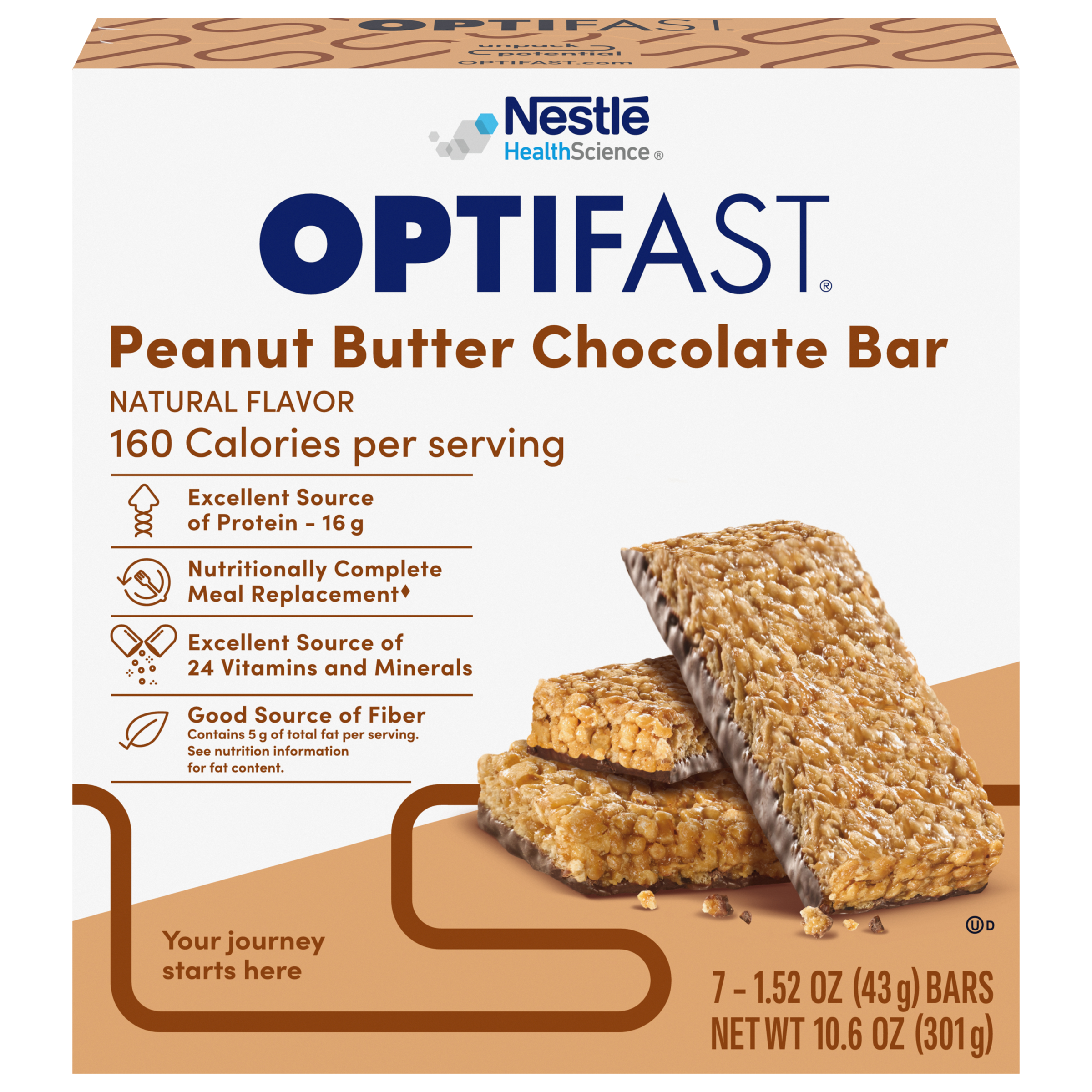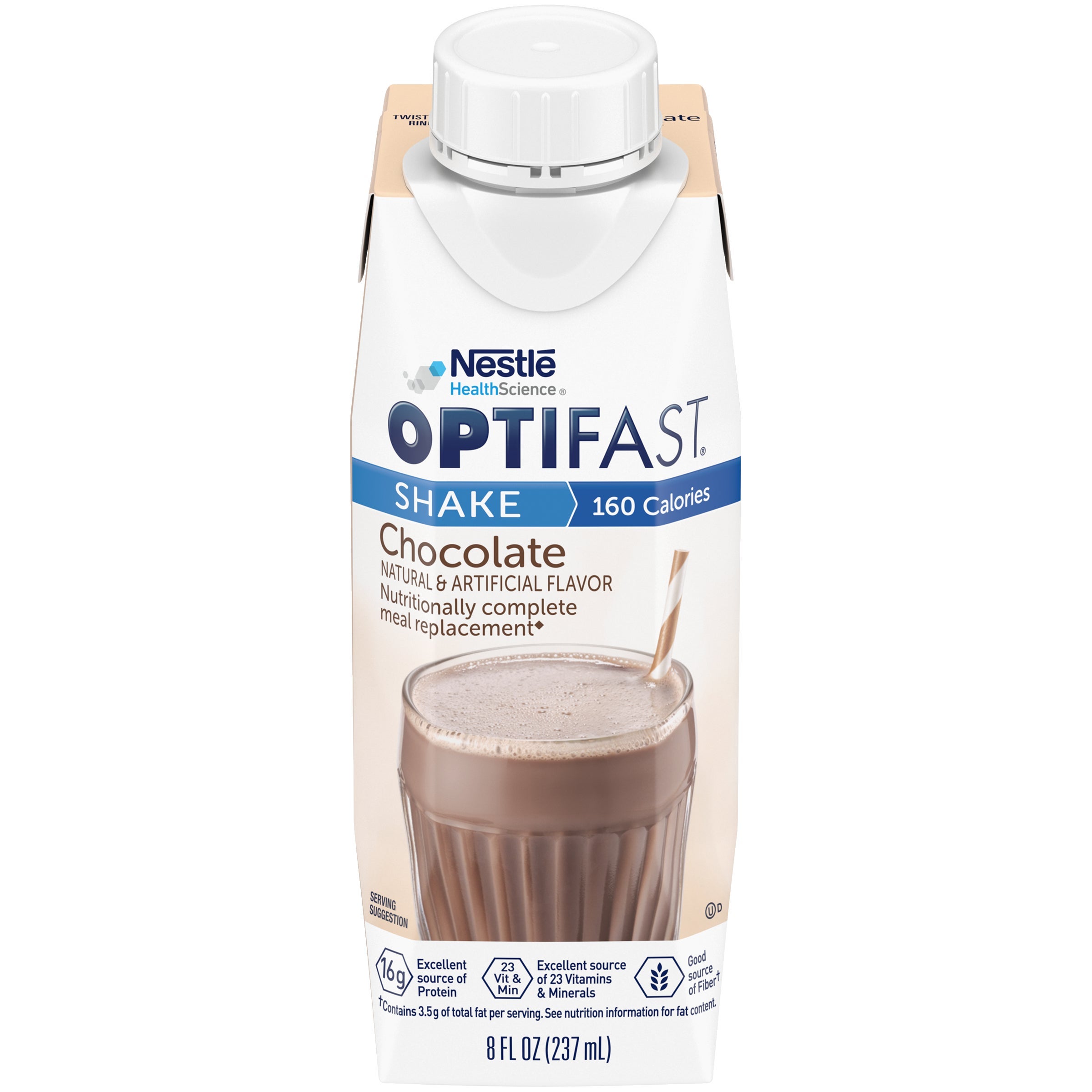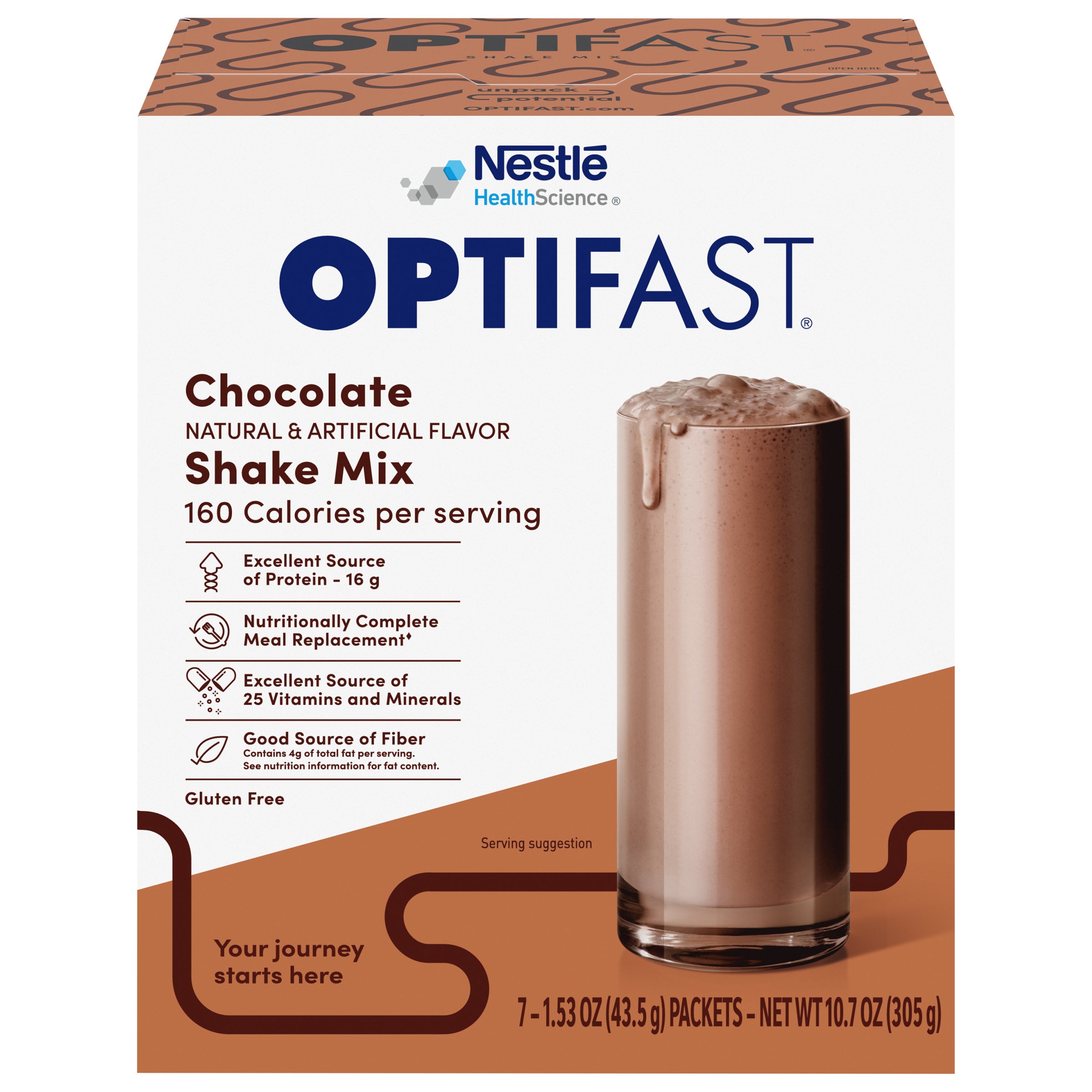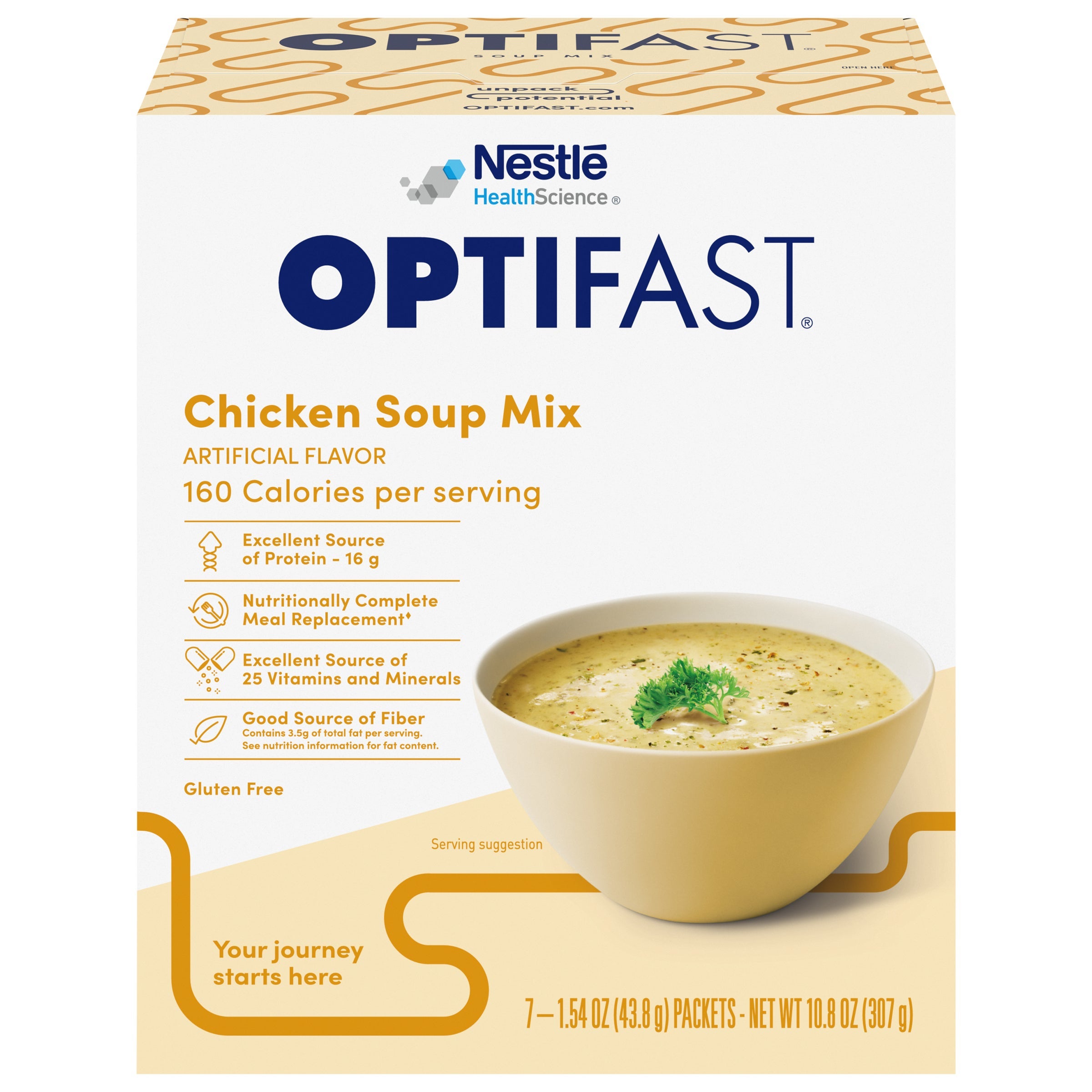
The Role of Meal Replacement Products in Patient Care
Meal replacement products offer a convenient and structured approach to caloric reduction, making them valuable tools in obesity management and promoting healthier dietary choices. These specially formulated products offer portion control and balanced nutrition, making it easier for patients to reduce calorie intake while ensuring they receive essential nutrients.
Under proper medical supervision, meal replacement products are a key component of comprehensive weight management and meal replacement programs, helping obese individuals to rapidly reduce caloric intake. This approach can be motivating for patients, facilitate significant weight loss1, and can help reduce blood glucose levels.2,3
At Nestlé Health Science, we collaborate with key opinion leaders, healthcare providers, and researchers to develop tailored programs, products, and meal replacements that empower patients to achieve lasting results and improved overall health.
References
1. Ard JD, Lewis KH, Rothberg A, Auriemma A, Coburn SL, Cohen SS, Loper J, Matarese L, Pories WJ, Periman S. Effectiveness of a Total Meal Replacement Program (OPTIFAST Program) on Weight Loss: Results from the OPTIWIN Study. Obesity (Silver Spring). 2019 Jan;27(1):22-29.
2. Rothberg AE, Ard JD, Auriemma A et al. Effect of Total Meal Replacement Program Compared with a Reduced-Energy Food-Based Diet Plan on Glycemic Status—Results from the OPTIWIN Study. Diabetes 1 July 2018; 67 (Supplement_1): 298–LB. https://doi.org/10.2337/db18-298-LB
3. Keogh JB, Clifton PM. Meal replacements for weight loss in type 2 diabetes in a community setting. J Nutr Metab. 2012;1-7. doi:10.1155/2012/918571.











